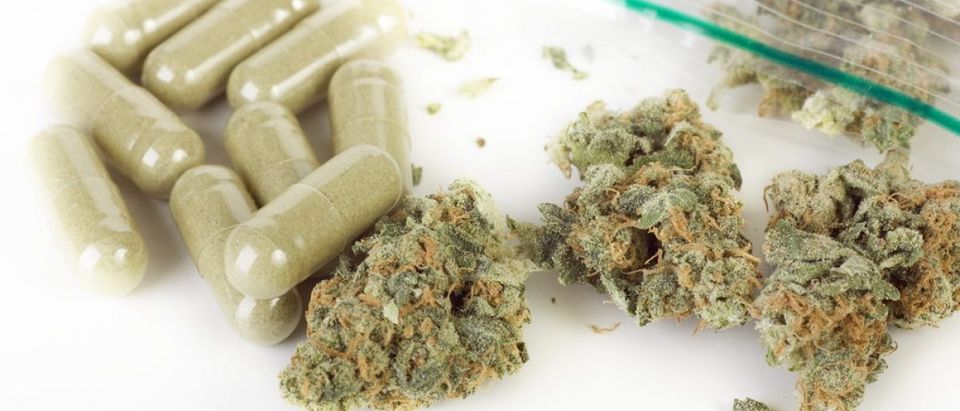A law expanding access to medical marijuana is clearing hurdles in the Georgia legislature, adding autism and a variety of other disorders to the list of qualifying conditions.
The Georgia House moved the legislation forward Wednesday, which would amend state law currently barring people with an array of debilitating conditions from accessing the state’s medical marijuana program. The program currently allows qualifying patients to possess cannabis oil containing up to 5 percent THC, the psychoactive compound in marijuana that gives smokers a traditional high, reports WXIA.
Evidence suggest marijuana can aid children with severe forms of autism, particularly when it manifests through violent outbursts and self-injury. A Texas father recently went public with his journey to find treatment for his daughter who suffers from cerebral palsy and autism. He was unable to treat his daughter’s fits of rage and compulsive self-harming for years until finding marijuana, which he says has been a “tremendous success” for treatment.
People with autism, epidermolysis bullosa, Alzheimer’s disease, human immunodeficiency virus, acquired immune deficiency syndrome, autoimmune disease, Tourette’s syndrome and a number of other conditions would have access to weed under the legislation. The bill also amends the definitions of conditions already covered under the program, removing qualifying terms like “end-stage” and “severe.”
Republican state Rep. Allen Peake, who introduced the bill, hopes the medical marijuana program can also aid those suffering from addictions to prescription painkillers. Opioid overdoses claimed a record 33,000 American lives in 2015, according to the Centers for Disease Control and Prevention.
“We have an opioid epidemic and if we want to deal with it, we must pass reasonable medical cannabis legislation,” Peake said during the hearing, according to Atlanta Progressive News. “States that have access to medical cannabis have a decrease in the usage of opioids resulting in cost savings to the state’s in Medicaid and Medicare and a decrease in the abuse of opioids and lives lost.”
States throughout the country are currently pushing to expand medical marijuana programs to include opioid addiction as a qualifying condition. A study released in February suggests patients suffering from chronic pain and mental health conditions will choose marijuana over their addictive prescription drugs when given a choice by their doctor.
Roughly 63 percent of the participants reported ditching their prescription pills for marijuana over the course of the study. The study, conducted by researchers at the University of British Columbia and University of Victoria, found patients chose marijuana due to reduced side effects and because it is far less addictive than their prescription medication. Patients also said they were better able to manage their symptoms by using weed.
All content created by the Daily Caller News Foundation, an independent and nonpartisan newswire service, is available without charge to any legitimate news publisher that can provide a large audience. All republished articles must include our logo, our reporter’s byline and their DCNF affiliation. For any questions about our guidelines or partnering with us, please contact licensing@dailycallernewsfoundation.org.


